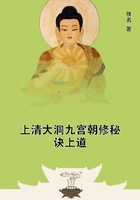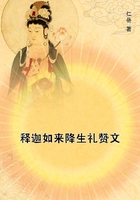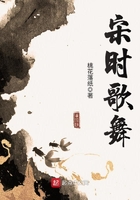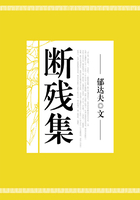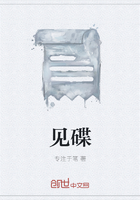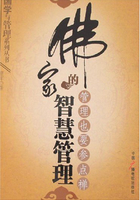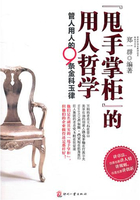He is desirous that they should let him live--not for his own sake, but for theirs; because he is their heaven-sent friend (and they will never have such another), or, as he may be ludicrously described, he is the gadfly who stirs the generous steed into motion. Why then has he never taken part in public affairs? Because the familiar divine voice has hindered him; if he had been a public man, and had fought for the right, as he would certainly have fought against the many, he would not have lived, and could therefore have done no good. Twice in public matters he has risked his life for the sake of justice--once at the trial of the generals; and again in resistance to the tyrannical commands of the Thirty.
But, though not a public man, he has passed his days in instructing the citizens without fee or reward--this was his mission. Whether his disciples have turned out well or ill, he cannot justly be charged with the result, for he never promised to teach them anything. They might come if they liked, and they might stay away if they liked: and they did come, because they found an amusement in hearing the pretenders to wisdom detected. If they have been corrupted, their elder relatives (if not themselves) might surely come into court and witness against him, and there is an opportunity still for them to appear. But their fathers and brothers all appear in court (including 'this' Plato), to witness on his behalf; and if their relatives are corrupted, at least they are uncorrupted; 'and they are my witnesses. For they know that I am speaking the truth, and that Meletus is lying.'
This is about all that he has to say. He will not entreat the judges to spare his life; neither will he present a spectacle of weeping children, although he, too, is not made of 'rock or oak.' Some of the judges themselves may have complied with this practice on similar occasions, and he trusts that they will not be angry with him for not following their example. But he feels that such conduct brings discredit on the name of Athens: he feels too, that the judge has sworn not to give away justice;and he cannot be guilty of the impiety of asking the judge to break his oath, when he is himself being tried for impiety.
As he expected, and probably intended, he is convicted. And now the tone of the speech, instead of being more conciliatory, becomes more lofty and commanding. Anytus proposes death as the penalty: and what counter-proposition shall he make? He, the benefactor of the Athenian people, whose whole life has been spent in doing them good, should at least have the Olympic victor's reward of maintenance in the Prytaneum. Or why should he propose any counter-penalty when he does not know whether death, which Anytus proposes, is a good or an evil? And he is certain that imprisonment is an evil, exile is an evil. Loss of money might be an evil, but then he has none to give; perhaps he can make up a mina. Let that be the penalty, or, if his friends wish, thirty minae; for which they will be excellent securities.
(He is condemned to death.)
He is an old man already, and the Athenians will gain nothing but disgrace by depriving him of a few years of life. Perhaps he could have escaped, if he had chosen to throw down his arms and entreat for his life. But he does not at all repent of the manner of his defence; he would rather die in his own fashion than live in theirs. For the penalty of unrighteousness is swifter than death; that penalty has already overtaken his accusers as death will soon overtake him.
And now, as one who is about to die, he will prophesy to them. They have put him to death in order to escape the necessity of giving an account of their lives. But his death 'will be the seed' of many disciples who will convince them of their evil ways, and will come forth to reprove them in harsher terms, because they are younger and more inconsiderate.
He would like to say a few words, while there is time, to those who would have acquitted him. He wishes them to know that the divine sign never interrupted him in the course of his defence; the reason of which, as he conjectures, is that the death to which he is going is a good and not an evil. For either death is a long sleep, the best of sleeps, or a journey to another world in which the souls of the dead are gathered together, and in which there may be a hope of seeing the heroes of old--in which, too, there are just judges; and as all are immortal, there can be no fear of any one suffering death for his opinions.
Nothing evil can happen to the good man either in life or death, and his own death has been permitted by the gods, because it was better for him to depart; and therefore he forgives his judges because they have done him no harm, although they never meant to do him any good.
He has a last request to make to them--that they will trouble his sons as he has troubled them, if they appear to prefer riches to virtue, or to think themselves something when they are nothing.
...
'Few persons will be found to wish that Socrates should have defended himself otherwise,'--if, as we must add, his defence was that with which Plato has provided him. But leaving this question, which does not admit of a precise solution, we may go on to ask what was the impression which Plato in the Apology intended to give of the character and conduct of his master in the last great scene? Did he intend to represent him (1) as employing sophistries; (2) as designedly irritating the judges? Or are these sophistries to be regarded as belonging to the age in which he lived and to his personal character, and this apparent haughtiness as flowing from the natural elevation of his position?

